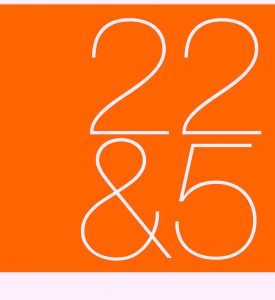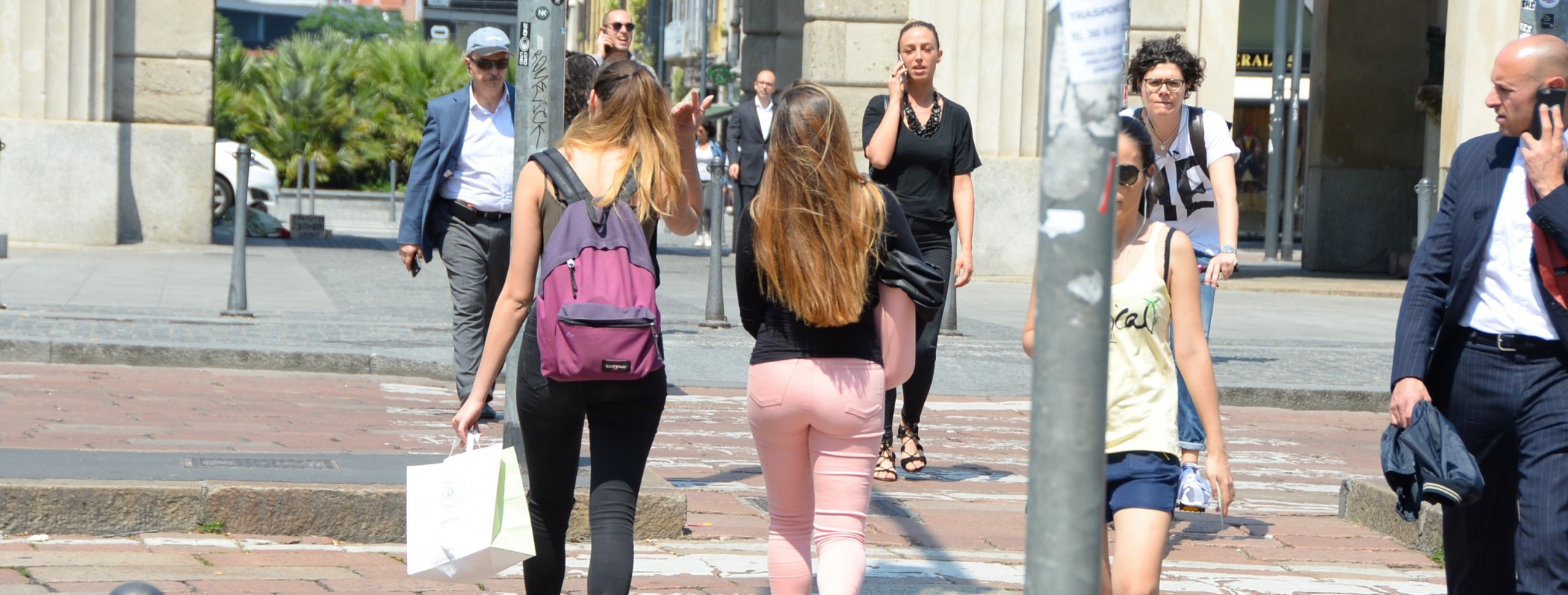
Looking back it was obvious really. Ridiculous rents and rates marching onwards and upwards meant eventually something had to give. For years our high streets were kept teetering on the edge, terrified of change and too poor to try anything new. Switching off the global economy in 2020 resolved all that overnight. Yes folks, the retail reboot is here.
When it comes to predicting what’s next for our town and city centres the general consensus seems to be that everything will shift online apart from the edge of town space-age supermarket, manned by robot shelf stackers and illuminated by Minority Report style hologram-ads. But rest assured, this is the vision of the techno-nerd, and techno-nerds are experts in misunderstanding humanity. Their vision of the future won’t happen for one simple reason: we don’t want it.

But we have changed. Lockdown, has taught us a lot. We probably bake a bit more, or read more than we did previously. We’ve learnt how easy it is to buy online and have it delivered the next morning. Posing with our feet next to a parcel for a doorstep snap has become part of our daily routine. But lockdown has also taught us what we secretly knew all along: that shopping was never just about buying stuff, it was about getting out and having fun.
What’s more, now that we’re armed with that magical little black slab of glass, (that smart device that carries the sum of all human knowledge with us wherever we go) our expectations are primed for take off faster and higher than Elon Musk’s Space X. We have access to everything now, we compare notes too, and cannot be suckered by your seductive advertising like we were a mere decade ago. Today we’re connected, we live at the centre of the universe with our eyes wide open, and we’re crying out “whatever you’ve got for us, it better be good!”

The world has changed too. There’s no doubt that 2021 is the year retail sheds its skin. It’s also the year we draw a line under the ever-rising rents and rates that thwart fresh blood from flowing through the arteries of our towns and cities. Call it the Great Reset if you like.
But while we’ve been stuck at home watching Netflix, the cleverest brands have been plotting and planning new and exciting ways to tell us their story, entertain us, inspire us and put us at the centre of their universe. They know that the online world alone can never do that. And they know that they cannot simply reopen their stores the way they were in 2019. They’ve learnt a lot too and very soon they will gather up all their online knowledge and data and drag it into the real world to create truly immersive brand experiences that know exactly who we are.

So, in our cities the rich multinationals, (the brands that sell us the stuff we want but don’t need) will build spaces, places and pop-ups that make a mockery of that little word retail to encompass events, exhibitions, social spaces, work places, leisure hybrids and workshops to provide us with an ever changing array of branded entertainment. The old model (product in the window, stock on shelves and out the back) will make way for engaging spaces that immerse us in a brand’s story. Their job will be to get into our brains and our bloodstreams, not to sell in the conventional sense as they won’t care where or how you finally get hold of their precious wares.
We’ve already witnessed this from global behemoths Apple, Samsung and Nike who have created ‘stores’ that are part town square (Apple, Chicago & San Francisco) stores that are more of an events venue (Samsung, New York & London) or stores that are ever-changing exhibitions (Nike House of Innovation, New York & Paris).

These are the places where technology can really enjoy itself. Stores will be aware of your arrival, know how many milliseconds you paused over their new product on social media, know your tastes in fashion, music and how often you exercise in order to direct you to things that can be tailored especially for you: limited edition, numbered, tracked and even insured… all you have to do is swipe your thumb. Here, the online and offline worlds will meld seamlessly, with you at the epicentre.

More flexible leasing will finally allow brands to show off and have a bit of fun without signing up for ten years at a time. So our shopping centres will become venues for product launches, branded experiences and pop-up exhibitions like the Samsung Experience in London and the Adidas Originals exhibition in Seoul, shown here. The empty boxes left by our dearly departed stores will open up a thousand opportunities. Some will be converted to digital interactive leisure concepts such as Toca Social’s football based games (opening at the O2 this summer) or e-racing concepts from brands such as Zwift (zwift.com). These brands will kickstart a retail revolution tentatively entitled ‘competitive socialising’. Other big box spaces will become health and beauty hubs offering fitness and yoga sessions, lunchtime botox, teeth whitening and de-stress injections.

By contrast, much of the future will also be about reinventing the best of the past. Back in our towns and suburbs you may have already noticed that the age of the independent is returning. Your local butcher, baker (and candlestick maker) have been given an electrifying lease of life, heralding a decade of young innovators and entrepreneurs desperate to revitalise our communities now that rents are set to be somewhat more sensible. They’ll open funky new bars, delis, health food stores and restaurants on more flexible terms, which in turn will make for a more dynamic local retail scene. Our luckiest towns might even see their moribund concrete shopping centre replaced by a glazed market hall, brimful of fresh produce and eateries, not unlike the Victorian ones we demolished in the sixties.

So don’t listen to the techno-nerds. The stage has been cleared and new players are waiting eagerly in the wings. The audience has greater expectations than ever before and, oh boy, we’re determined to get out and enjoy ourselves. We want to experience things we’ve never even thought of. We want to see pop-ups and wacky brand collaborations. We want to hang out in big, breathtaking dining halls and cosy, artisan coffee shops and delis. We want our fast fashion chains to host start-ups and our favourite national brands to promote young talent in their branded incubators. We want to go to concerts, exhibitions, product launches and festivals of music, food and culture, and we want to join local clubs and go to workshops in the evening.
Above all, we want to live again. It’s obvious really.
This article was commissioned by my good friends (and loyal client) Aptos.








